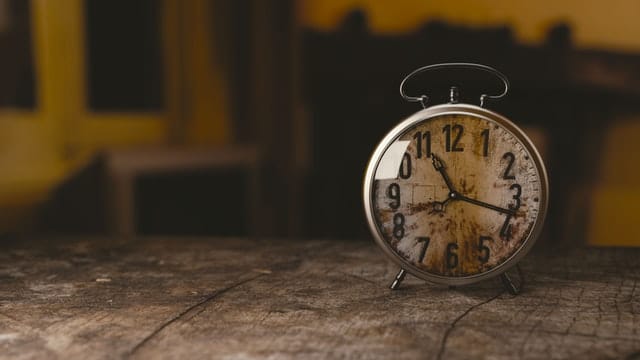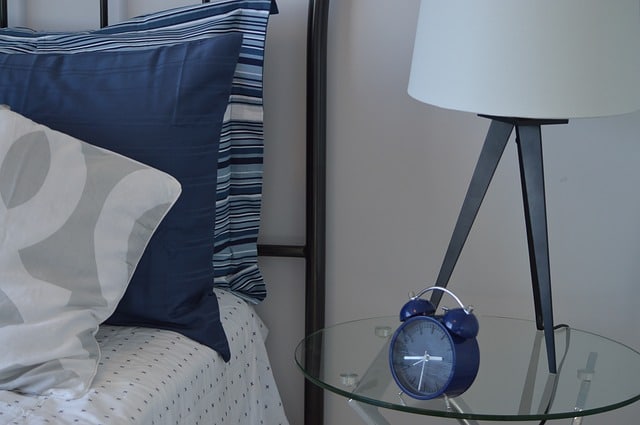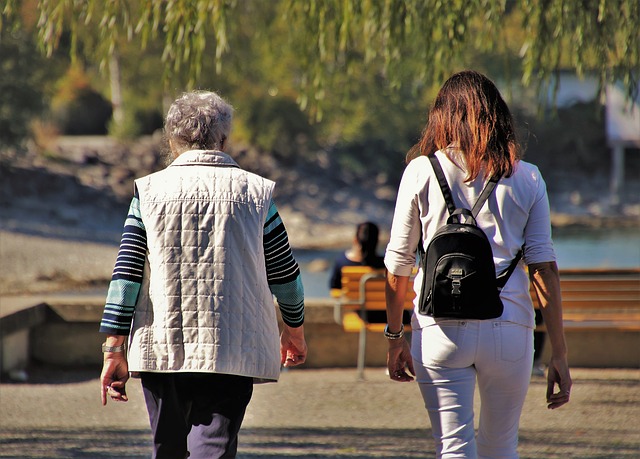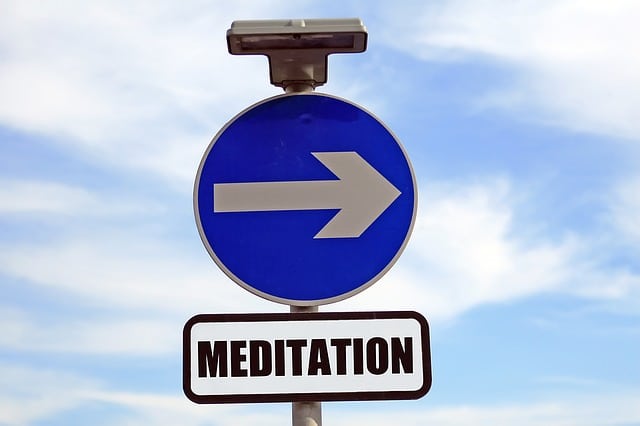Taking Cues from Mother Nature—Five Adjustments to Make During the Fall Season

Green turns to hues of brown, auburn, orange, yellow. Leaves carpet the ground as trees humbly surrender them to time. Summer is gone, fall is here. Seasons come, seasons go. Change is inevitable. That’s one of the lessons Mother Nature teaches you. And so it would be wise to take cues from her and make five adjustments during the fall season.
Here are the five adjustments you can make to enhance your physical and mental health during the fall season.
Change your clock

Daylight Saving Time (DST) ends at 2:00 AM on the first Sunday in November. Perhaps you remember the jingle “spring forward, fall back,” which means that during the fall season, time falls back one hour. This is not a welcome change by everyone for several reasons. The shorter days mean less sunlight. If you work, the lunch break seems to take longer to arrive, and the work-day-end seems like the last runner in a race. These unhappy feelings can manifest into something more serious called seasonal affective disorder.
On the other hand, there are some individuals who see the time change as giving them an extra hour to sleep. Unfortunately, not enough of them will take advantage of this time to sleep. One out of every 3 Americans is sleep deprived. Approximately 2 in 5 adults in Philadelphia, for example, receive less than 7 hours of sleep. Sleep varies from person to person, but if you want to maintain optimal health, you should get 7-8 hours of sleep.
Retire to bed on time and sleep

It’s dark outside and the evening feels late; but it’s not bedtime yet. Don’t fall into the trap of retiring to bed on time yet staying up late to watch a movie, surf the net, check out social media, or send a text. All the technologies involved have one problem in common: they emit blue light.
Generally, blue light is defined as visible light. It’s what makes the sky look blue. Blue light sometimes is broken down into blue-violet light and blue-turquoise light. Roughly one-third of all visible light is considered blue light. Although only a fraction of this blue light comes from the display screens of computers, electronic notebooks, smartphones and other digital devices, many eye doctors and other health-care professionals are concerned that the amount of time people are exposed to these devices may have negative long-term effects on their health.
While darkness increases the hormone melatonin, which signals to the body to feel sleepy, blue light hampers melatonin production. “It impairs your quality of sleep, and it absolutely impedes your ability for your body to regulate its own sleep cycle,” reports Dr. Suzannah Bozzone, a family medicine specialist at Erlanger North Hospital, in Times Free Press.
It’s a good practice to turn off these devices at least an hour before bedtime and replace them with some healthy alternatives, such as reading a book, listening to music, or drinking a cup of tea, to make your evening restful and meaningful.
Read a book. Of course, not an electronic book, but one that you can hold, and that will not upset you. Reading has tremendous relaxation benefit. It reduces stress by 68 percent in as little as six minutes.
According to Dr. David Lewis, a cognitive neuropsychologist, losing yourself in a book is the ultimate relaxation.
Listen to music. You might have to pull out that old CD player music box if you have turned off your digital devices. Listening to music reduces stress levels by 61 per cent.
Drink a cup of tea or coffee (decaffeinated). Tea or coffee can lower levels to about 54 per cent. However, even decaffeinated coffee still has some caffeine in it and can impact sleep.
Eat your dinner earlier

If you usually take your dinner at 6 in the evening, take it an hour earlier during fall. Why? Generally, it is recommended that you wait 2 to 3 hours between your last meal and bedtime because your food needs time to move from your stomach to the small intestine. Therefore, eating earlier would allow you to go to bed earlier and sleep more comfortably.
But eating an earlier dinner may be healthy for you for other reasons. In a study reported in Environmental Nutrition, Spanish researchers discovered that eating dinner early and having a long interval between that day’s final meal and sleep were both associated with reduced risk of breast and prostate cancers. The study included 621 men with prostate cancer, 1,205 women with breast cancer, and 872 men and 1,321 women without cancer. Those who went to sleep two or more hours after eating had a 20 percent reduction in cancer risk for both types of cancer compared to those who slept immediately after eating dinner.
Get fresh air

With the change in season comes the flu period along with coughs and sniffles. So be intentional about getting at least 30 minutes of sunlight and fresh air.
Get some sunlight. Whether the sun is shining or not, exposure to natural light can improve the quantity and quality of your sleep. Why? Sunlight is a natural source of vitamin D, which is a natural sleep aid. A sleep study revealed that “low Vitamin D increased the likelihood that participants experienced insufficient sleep, sleeping less than 5 hours a night.”
Take an afternoon walk. One of the main problems of adjusting to the time change in the fall is fewer opportunities for sunlight and thus fresh air. While spring and summer are times for being outdoors,—gardening, hiking, bicycling, hanging out at the pool—fall tends to force us indoors to a less active lifestyle.
Make it a point to take daily afternoon walks. These walks will not only refresh you but also increase your energy level. Dr. David Lewis says that a walk lowers stress levels by 42 percent. For those working in office buildings, this is important good news. An afternoon walk is a way to get out of the office and get fresh oxygen, sunlight and relaxation so you can return to work revitalized. Perhaps, after your walk, 5 o’clock will not seem so far away after all. Additionally, exercise, fresh air and sunlight will help to keep you healthy in the cold months ahead.
Focus on breathing deeply
You’ve gained an extra hour of sleep; so why do you still feel tired during the day? One website source writes that it takes about one day to adjust for each hour of time change. Your circadian rhythms, which regulate your sleep, are genetically determined and influenced by the environment, behavior and medication.
However, you do not have to allow genetics to determine your lifestyle. You can use this season of the year to slow down and breathe deeply. Here’s how:
Turn your afternoon walk into a meditation. As you walk, focus on your breath and breathe deeply.
Create breathing spaces. Many work places now allow space for employees to practice mindfulness. Mindfulness, according to Harvard Health Publishing, is focusing on your breathing and then bringing your mind’s attention to the present without drifting into concerns about the past or future. Mindfulness helps you break the train of your everyday thoughts to evoke relaxation. Dr. Herbert Benson, director emeritus of the Harvard-affiliated Benson-Henry Institute for Mind Body Medicine, believes that many sleep disorders are closely tied to stress.
Before going to bed, take at least 20 minutes to let go. Let fall be the season you practice deep breathing and letting go as easily as falling leaves. Friends Life Care offers Mindfulness Meditation through its VigR™ Programs. Anyone can sign up for a class that will teach you how to make the most of your meditation practice.
Conclusion:
If you are taking your cues from Mother Nature, make your changes too. Make adjustments in your lifestyle to enhance your physical and mental health during the fall season: rest nightly, walk daily, breathe deeply, and let go.
Leave a Comment

